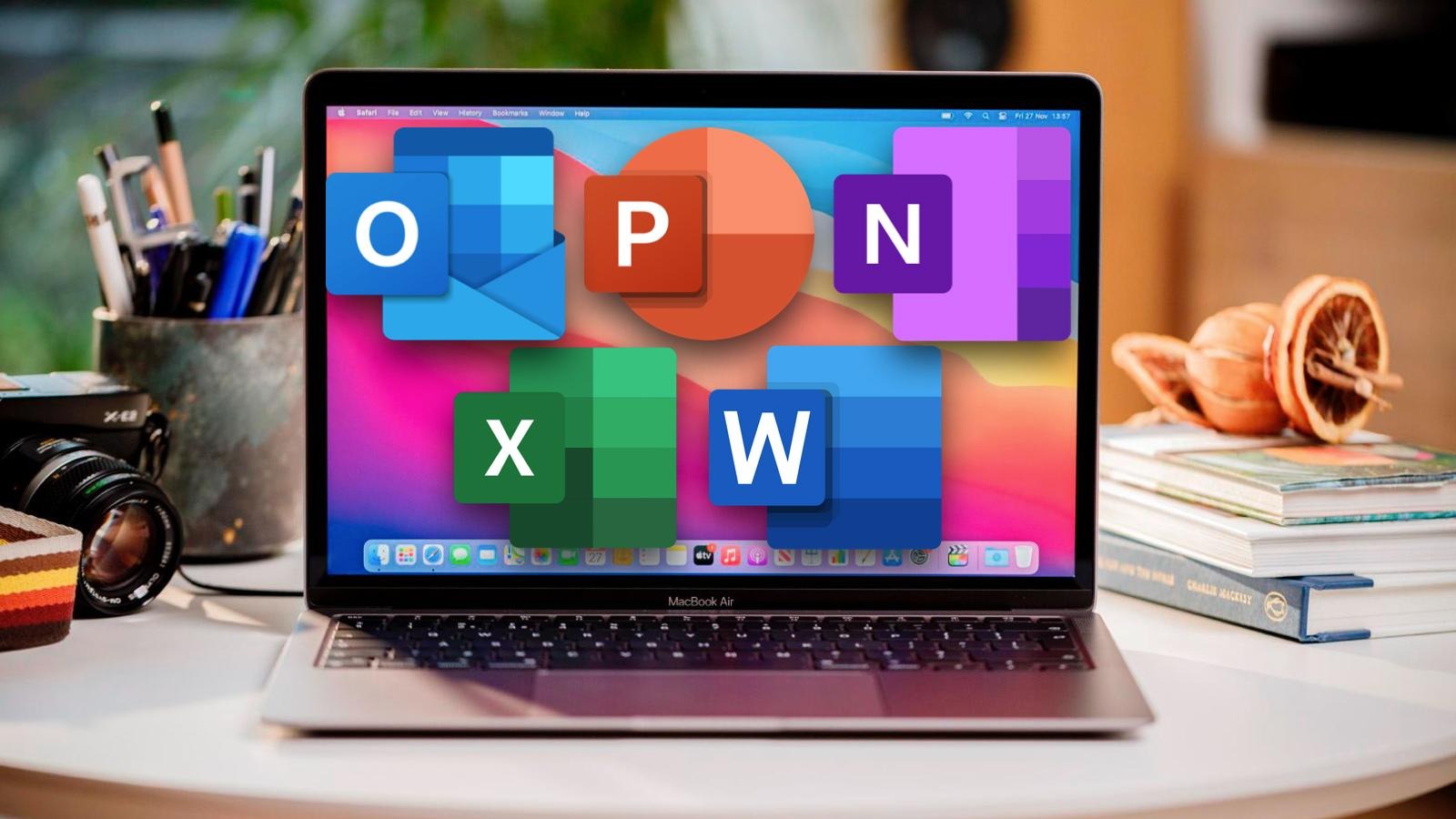The pace of technological advancement is accelerating at an unprecedented rate, and 2025 is set to be a pivotal year in the evolution of gadgets and tech. From AI breakthroughs to the expansion of the metaverse, the next few years will see innovations that not only change industries but transform the way we live, work, and interact with the world around us.
In this blog, we will take a closer look at the top tech trends that are expected to define 2025. These innovations will impact everything from personal computing to health and entertainment, offering both challenges and opportunities for businesses and consumers alike.
The Rise of Artificial Intelligence: Redefining Possibilities
AI Becoming an Integral Part of Daily Life
By 2025, artificial intelligence will be deeply embedded in almost every aspect of our daily routines. AI is no longer confined to theoretical discussions or specialized fields; it is now shaping industries like healthcare, education, and entertainment. With advancements in machine learning algorithms and natural language processing, AI systems will become even smarter, more efficient, and more capable of handling complex tasks.
AI in Healthcare: Precision Medicine and Diagnostics
In healthcare, AI will play a crucial role in transforming patient care. By 2025, we will see AI systems that can analyze massive datasets to provide more accurate diagnoses, predict medical conditions before they arise, and even create personalized treatment plans. These AI-powered tools will complement human expertise, helping doctors make data-driven decisions with greater precision and speed.
For example, AI algorithms will be used to analyze medical imaging with higher accuracy than human radiologists, detecting early signs of conditions such as cancer or heart disease. AI will also help to optimize drug discovery, potentially speeding up the development of life-saving medications.
AI in Everyday Devices
The integration of AI into everyday gadgets will also become more pervasive. Smart assistants like Amazon’s Alexa, Google Assistant, and Apple’s Siri will continue to evolve, becoming even more intuitive, context-aware, and capable of performing complex tasks like controlling entire smart homes or making recommendations based on a user’s preferences. In 2025, we can expect AI to be integrated into everything from kitchen appliances to personal fitness devices, allowing for a more seamless, connected experience.
The Metaverse: Virtual Worlds Come to Life
1. The Expansion of Virtual Reality (VR) and Augmented Reality (AR)
The concept of the metaverse has been gaining traction over the past few years, and by 2025, it will likely become a mainstream part of our digital lives. The metaverse, a collective virtual shared space, combines augmented reality (AR) and virtual reality (VR) technologies to create immersive experiences where users can interact with each other and digital objects in real-time.
While VR has already taken off in gaming, its applications are expanding into socializing, working, and even shopping. By 2025, we’ll see VR headsets that are lighter, more comfortable, and capable of delivering more realistic, lifelike experiences. Companies like Meta (formerly Facebook) are already investing heavily in the metaverse, and we’ll likely see more platforms emerge that allow users to meet virtually, explore digital worlds, and create digital assets.
AR for Everyday Use
Augmented reality will also play a significant role in shaping the future of tech. Unlike VR, which immerses you in a completely virtual world, AR overlays digital information on the physical world around you. By 2025, AR glasses and contact lenses will likely be available to the public, allowing you to access information and interact with digital content without needing to look down at your phone.
This could change everything from how we shop (think trying on clothes virtually) to how we navigate cities (real-time translations or directions projected onto your field of vision). Retailers will use AR to enhance the shopping experience by allowing customers to visualize products in their homes before making a purchase, and industries like architecture and design will adopt AR for more interactive design processes.
5G and Beyond: The Future of Connectivity
1. The Next Era of High-Speed Internet
By 2025, 5G will have become the standard for internet connectivity in many parts of the world. The high-speed, low-latency capabilities of 5G are already starting to change how we connect with the internet, and this will only continue to grow. In 2025, we will see more devices, from smartphones to smart home gadgets, utilizing 5G to enable faster download speeds, improved streaming quality, and more stable connections.
The Impact on Autonomous Vehicles
One area where 5G will make a massive difference is in the realm of autonomous vehicles. Self-driving cars rely on real-time data to navigate safely, and 5G`s ultra-low latency will provide the instantaneous communication needed for these vehicles to operate efficiently. In addition, 5G will improve communication between vehicles and infrastructure, such as traffic lights and road sensors, enabling a smoother flow of traffic and reducing the chances of accidents.
2. 6G and the Future of Connectivity
Looking even further ahead, we’re already hearing about the potential of 6G, the next evolution of mobile technology. While it won’t be fully realized by 2025, we can expect the groundwork for 6G to be laid in the next few years. 6G promises to bring even faster internet speeds, a more integrated and seamless IoT ecosystem, and more reliable global connectivity, especially in remote or rural areas. It’s not just about faster speeds, but about enabling new applications like holographic communication and real-time AI processing on devices.
Quantum Computing: Pushing the Boundaries of Processing Power
1. The Dawn of Quantum Computing
Quantum computing has long been seen as a futuristic technology, but by 2025, it will begin to move from research labs into more practical, real-world applications. Unlike traditional computers, which process information in binary (0s and 1s), quantum computers use qubits, which can represent both 0s and 1s simultaneously. This ability enables quantum computers to solve problems that would take classical computers millennia to process, such as simulating complex molecular structures or optimizing supply chains.
Applications of Quantum Computing
Quantum computing will have significant implications for industries such as pharmaceuticals, materials science, and finance. For example, in healthcare, quantum computers could help develop new drugs faster by simulating how molecules interact with the human body. In finance, quantum algorithms could optimize portfolios and predict market trends with far greater accuracy than current models.
Although quantum computers are still in their infancy, by 2025, we will likely see the first practical applications of quantum computing in industries where processing power is critical.
Sustainability and Green Tech: A Focus on the Future of the Planet
1. The Shift to Renewable Energy Technologies
Sustainability is one of the most important driving forces behind new technology trends. In 2025, renewable energy sources like solar, wind, and hydropower will continue to expand and dominate the energy market. Innovations in energy storage technology, such as better batteries and grid systems, will make it easier to store and distribute renewable energy, helping to reduce reliance on fossil fuels.
Green Gadgets and Eco-Conscious Tech
The consumer tech industry is also becoming more eco-conscious. Expect to see more energy-efficient gadgets, such as low-power smartphones and laptops, that are designed to minimize environmental impact. Companies are investing in making products that are recyclable, and there will be a greater focus on creating tech that can be easily repaired and upgraded, rather than discarded.
The Future is Now
As we look toward 2025, it`s clear that the future of technology will be defined by innovations in AI, quantum computing, virtual and augmented reality, high-speed connectivity, and sustainability. These advancements are not only going to change how we interact with the world but also reshape industries, improve efficiency, and open up new possibilities for exploration and creativity.
While there are certainly challenges to overcome, such as data privacy concerns, ethical dilemmas, and ensuring equitable access to these technologies, one thing is certain: the tech trends of 2025 will bring about a profound transformation in our lives. The future is arriving faster than we think, and it’s up to us to embrace the possibilities it offers.




